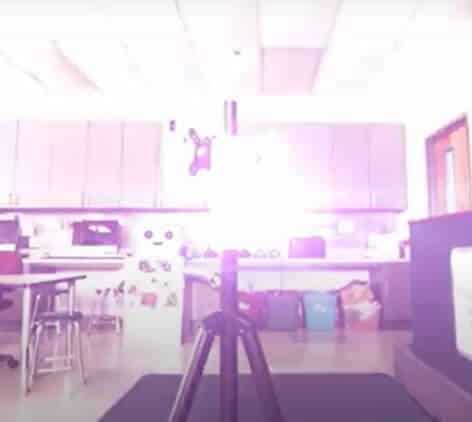Lack of ventilation in indoor public spaces is “Australia’s biggest failing of the Covid-19 pandemic.” That’s according to comments from Professor Crabb of the Burnet Institute in August.
Supermarkets, school buildings, malls, buses, trains and schools all have typically low levels of ventilation. This is a problem, because air-conditioners are perfectly capable of circulating coronaviruses.
It’s Australia’s biggest failing, but also our biggest opportunity, says Professor Crabb. This is because there is no weather-related need to seal up public spaces in most of Australia.
Ventilation plays an obvious role in reducing airborne transmission of SARS-CoV-2. Yet because of long-standing confusion over airborne circulation of the virus in aerosol form – especially the WHO’s disastrous “Covid-19 is not airborne” tweet – ventilation has been completely overshadowed by a public health focus on masks.
Public transport networks in Germany and Belgium now ask all customers to leave windows on trains, trams and buses open. In Munich, state politicians are even considering legislating that windows stay open all winter!
One Australia leader who gets it is Dan Andrews. Last Friday, the Victorian Premier said work was underway to ensure adequate ventilation in Victoria’s public schools.
High-Tech Solutions to Covid-19?
But the world’s belated concern with airborne transmission of the virus has produced more than a few opportunists. One Florida company claims that by “combin[ing] a light source with a highly transmissive lens material to produce greater photonic energy,” its air-conditioners can clean indoor air.
Though its website says claims of “disinfection” are “not intended to refer to any specific definition of the term,” the company has made millions of dollars in sales to Florida public schools.

More feasible is a plan out of a Texas university to first pass air through a super-heated nickel foam, before cooling it and distributing it throughout space.
High-end HEPA filters can also remove SARS-CoV-2 from the air, though coronaviruses are at the low-end of the range of things they can catch. The Andrews’ government is planning to install HEPA filters in less well-ventilated school buildings.
But despite all the high-tech solutions, our best bet is still to keep those windows wide open as often as possible.
Follow Christian on Twitter for more news updates.
Feature image thanks to @freestocks via Unsplash.